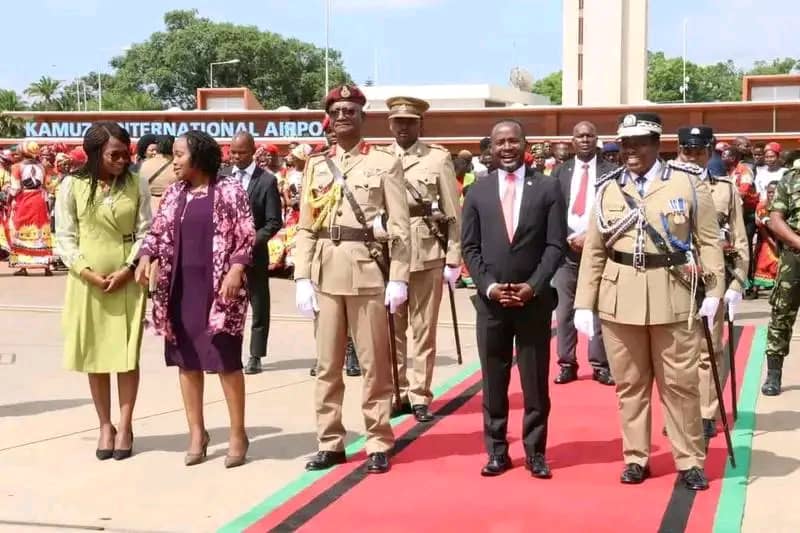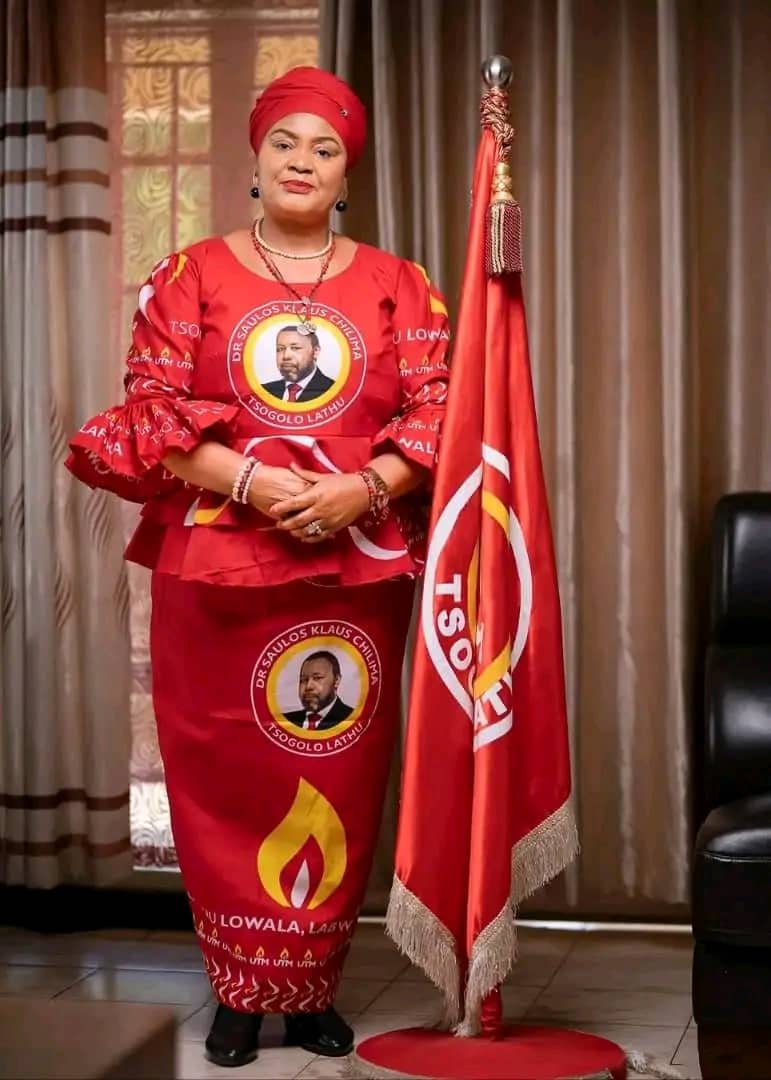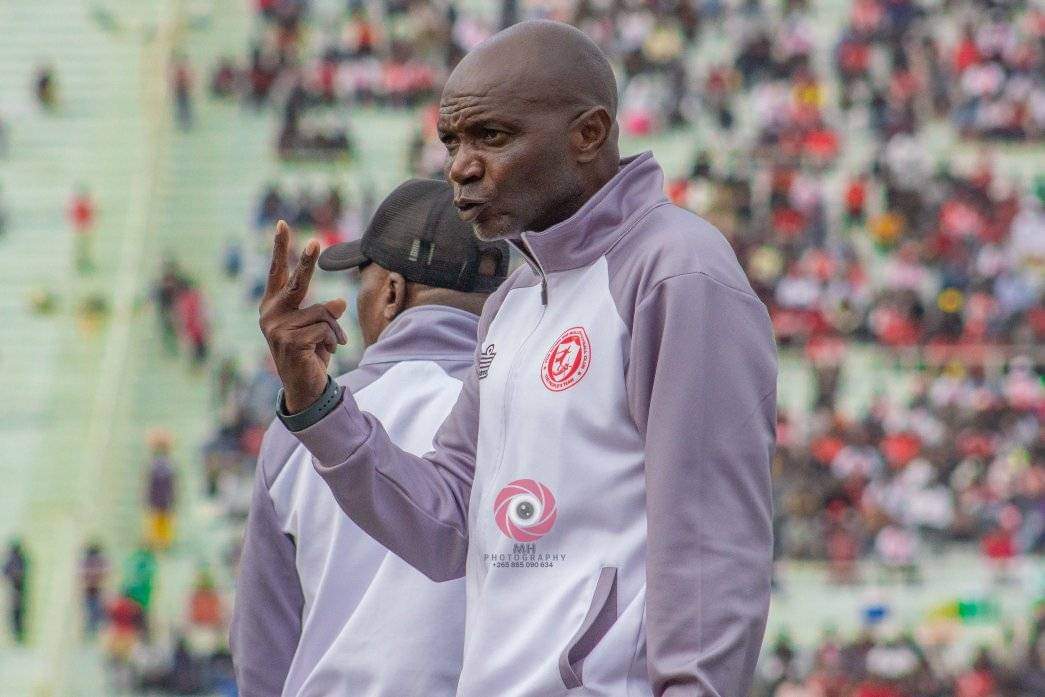By Burnett Munthali
Recently, Malawi’s President Lazarus Chakwera departed the country on official duties abroad. In a move that has sparked widespread discussion, the President entrusted the reins of government to Finance Minister Sosten Gwengwe instead of his constitutional deputy, Michael Usi.
Moments ago, Gwengwe officially handed back power to President Chakwera upon his return, as required by law. The decision to leave Gwengwe in charge demonstrates a significant level of trust between the President and his chosen minister. This action, however, raises questions about the role and perceived standing of Vice President Michael Usi within the current administration.
Under normal circumstances, it is customary and constitutionally expected for the Vice President to assume leadership responsibilities in the President’s absence. The choice to bypass Usi has left many speculating about the dynamics within Malawi’s leadership, with some viewing it as an intentional sidelining of the Vice President. Others argue that the President has the discretion to delegate power to any official he deems capable of steering the government during his absence.
Critics and political analysts alike are questioning what this decision signifies about the state of the Tonse Alliance, the coalition government led by Chakwera and Usi. Is this a mere logistical decision, or does it point to deeper political rifts?
Whatever the case, this situation underscores the importance of trust and confidence in leadership, with Chakwera’s choice of Gwengwe signaling his approval of the minister’s competence and loyalty. It remains to be seen how this will shape future political dynamics within the country.
As debates continue, one thing is clear: Malawians will be watching closely to see what lies beneath this unprecedented move and what it means for the future of governance in Malawi.




